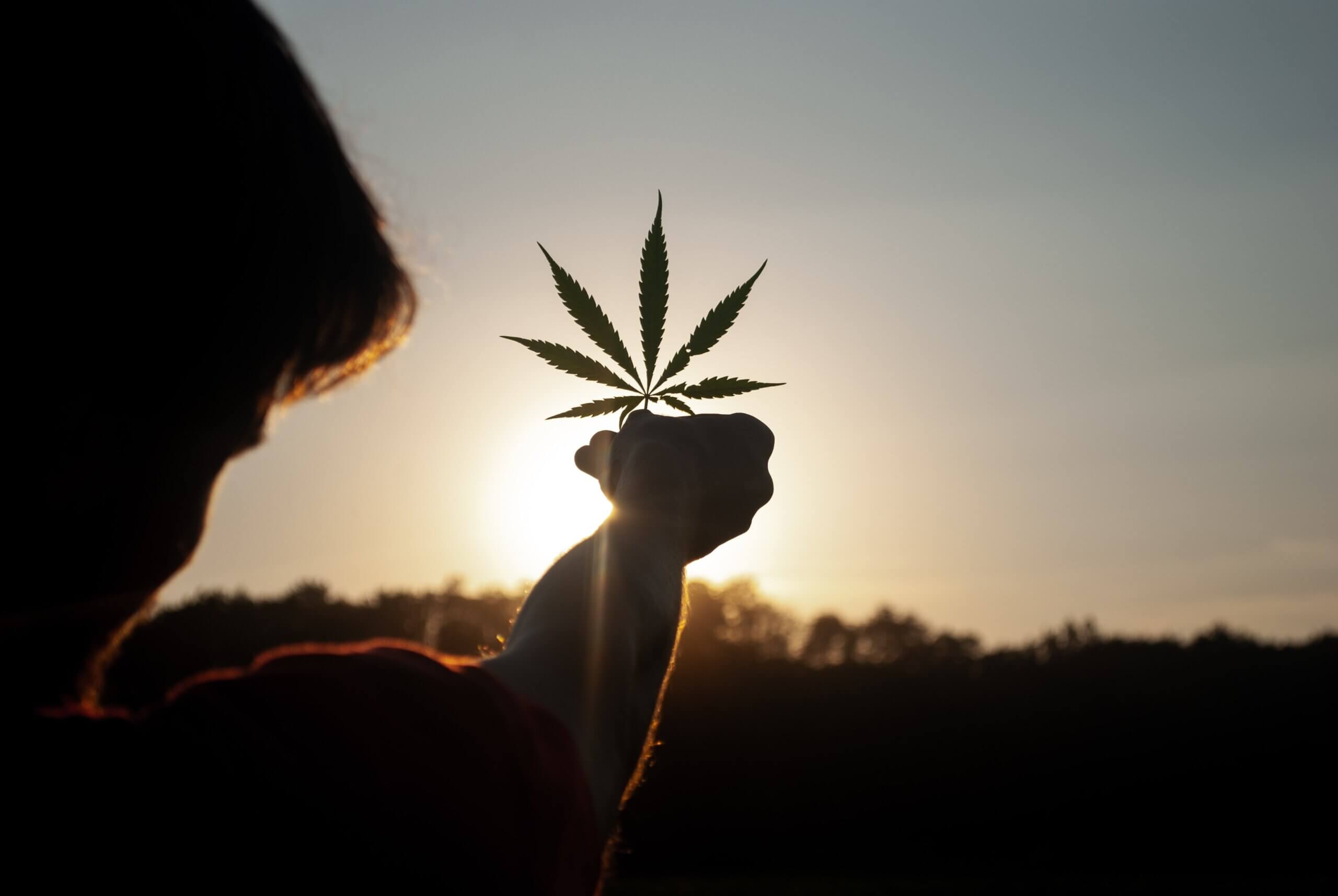Get to know the difference between multiple cannabinoids
CBG
CBG (or Cannabigerol), is a non-psychoactive cannabinoid typically found in low-THC and high-CBD cannabis strains, such as hemp. Like THC, CBG reacts with your cannabinoid receptors. In contrast, CBG acts as a buffer to the psychoactive effects of THC, alleviating paranoia, which can be associated with higher amounts of THC.
CBDv
Cannabidivarin (CBDV) is a molecule extracted from cannabis and hemp plants. These molecules are often referred to as “cannabinoids.” These are in some ways responsible for a portion of the therapeutic effects associated with cannabis. CBDv is essentially similar to CBD (cannabidiol), however- it does NOT have psychoactive effects on its own. CBDv will not cause the euphoric high achieved with high-THC cannabis.

Delta 8 THC
When you think of a traditional high, the THC associated with those euphoric effects is Delta 9. However- Delta-9 is not the only type of THC known for its psychoactive effects. Delta 8 THC is known to have those same effects, in some instances.
Drug Test Disclaimer: Lesser known Delta 8 THC is a double bond isomer of the more common delta-9 THC. Although it might not have the same strength of delta-9, delta-8 THC still has the ability of producing a high, with added therapeutic benefits. If you are required to drug test, take at your own risk.
Although the Farm Bill declines to mention Delta-8 THC explicitly, it can be inferred that the production of Delta-8 THC is compliant with federal law so long as it contains not more than 0.3 percent of Delta-9 THC on a dry weight basis. Since our product line contains less than 0.3 percent of Delta-9 THC, it satisfies the compliance threshold, and, in turn should be considered a legal product under the parameters set forth in the Farm Bill.
